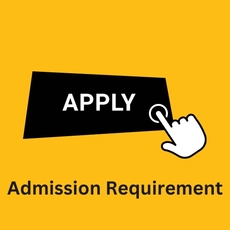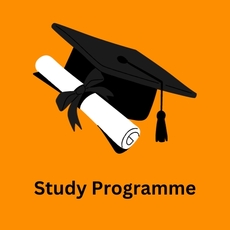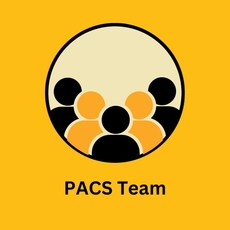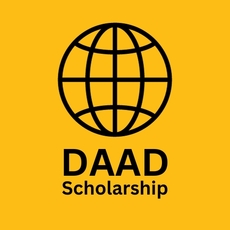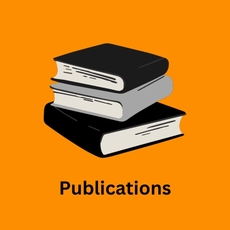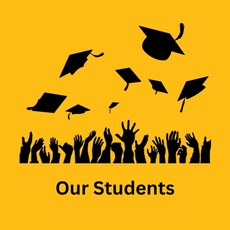News
PACS scholars to Shape the Future of Humanitarian Studies in Germany
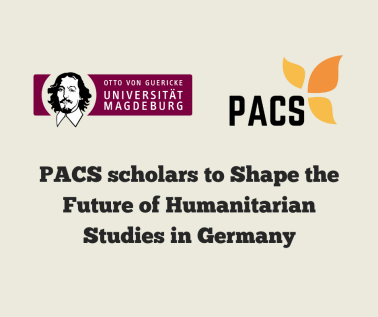
The Otto von Guericke University Magdeburg is set to play a central role in the newly established Humanitarian Studies Research Network, funded with one million euros by the Gerda Henkel Foundation. Over the next three years, PD Dr. Kristina Roepstorff together with Prof. Dr. Joël Glasman (University of Bayreuth) and Prof. Dr. Dennis Dijkzeul (Ruhr University Bochum) coordinates the network. By fostering interdisciplinary collaboration, international partnerships, and greater academic visibility, the new network seeks to build a robust foundation for Humanitarian Studies in Germany.
Each partner contributes a distinct research focus. At Magdeburg, a research team examines how humanitarian imaginaries in the Global South are expressed in language, images, and concrete practices, and asks how they legitimise, organise, and challenge global aid relationships. The aim is to provide a better understanding of how crises and aid relationships are discursively and visually constructed, how their causes and appropriate responses are negotiated, how this translates into aid practices, and how these relate to dominant discourses and practices in the humanitarian sector. At Bayreuth, Prof. Glasman investigates the historical formation of social indifference and the erosion of humanitarian knowledge practices. Prof. Dijkzeul’s work at the Institute for International Law of Peace and Security (IFHV) focuses on the vulnerabilities of LGBTIQ+ persons in humanitarian crises.
The initiative will be developed in close cooperation with key partners in the international humanitarian research community, including the Centre for Humanitarian Action (CHA) in Berlin, the International Humanitarian Studies Association (IHSA), University College Dublin (UCD), the Humanitarian and Conflict Response Institute (HCRI) at the University of Manchester, and the Geneva Centre for Humanitarian Studies. These collaborations will firmly anchor the German initiative within the Humanitarian Studies landscape and ensure sustained international exchange.
The Gerda Henkel Foundation, one of Germany’s most respected supporters of the humanities, promotes research that situates contemporary global challenges within broader historical and societal contexts. For nearly five decades, it has supported thousands of projects worldwide, with a strong commitment to topics such as democracy, cultural heritage, and societies in crisis. Its investment in the new network highlights the growing need for independent, critically grounded humanitarian research."
New Publication: Culture is a lens that helps us understand not just how we act, but how we perceive one another
Our professor Kristina Roepstorff has published her latest contribution in Alternatives Humanitaires https://www.alternatives-humanitaires.org/
Check out the article from here
